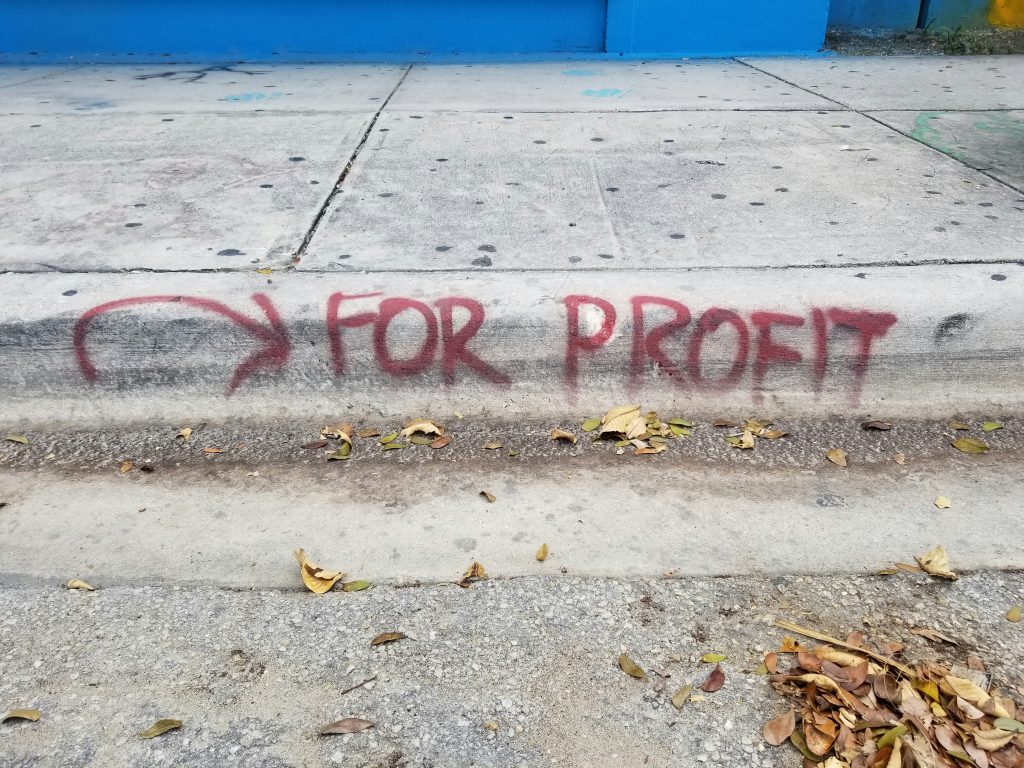Ever stared at a “Course Certificate Risk Assessments” checklist while your eyes glaze over? You’re not alone. Many professionals tackling tax planning courses struggle to understand how these assessments work and why they matter. Spoiler: It’s about more than just passing a course—it’s about protecting your wallet, career, and sanity. Ready to dive deep into risk assessment mastery?
In this guide, we’ll walk you through what Course Certificate Risk Assessments are, why they’re crucial for excelling in tax planning education, and how you can nail them like a pro. Think of it as your survival manual for navigating the tricky waters of tax certifications. By the end, you’ll know how to pick courses wisely, avoid costly mistakes, and future-proof your professional toolkit.
Table of Contents
- Key Takeaways
- Why Risk Assessments Matter
- Step-by-Step Guide to Mastering Risk Assessments
- Top Tips for Succeeding in Tax Planning Courses
- Real-Life Success Stories
- FAQs About Course Certificates and Risk Assessments
- Conclusion: Are You Ready?
Key Takeaways
- Course Certificate Risk Assessments evaluate both the credibility of a program and its alignment with regulatory standards.
- Choosing accredited providers reduces risks like wasted time or unrecognized credentials.
- Understand the curriculum before enrolling to ensure it covers essential topics like tax strategies and compliance.
- Real-world application is key—look for courses that combine theory with practical case studies.
Why Do Course Certificate Risk Assessments Even Exist?
We get it; nobody loves jumping through bureaucratic hoops. But imagine spending thousands on a shiny new certificate only to discover it’s worthless because employers don’t recognize it. Happens all the time—and trust me, no one enjoys explaining *that* awkward story during job interviews.
Let’s rewind my own embarrassing moment here: I once signed up for an online “tax guru” course based solely on flashy ads promising quick results. Long story short, two months later, Google flagged the “certified institution” as…well, uncertifiable. Lesson learned? Always vet those certs!

Tax planning isn’t something you want to DIY from unverified sources. One misstep could cost you penalties, clients, or even your license. That’s where thorough risk assessments come in—they protect YOU from falling into traps set by less-than-legit educators.
Step-by-Step Guide to Mastering Risk Assessments
Now let’s talk brass tacks. Here’s how you assess whether a course lives up to its promises:
Step 1: Research Accreditation Status
Optimist You: “This fancy title looks legit!”
Grumpy You: “Hold up, does anyone official say so?”
Check databases like ABET (Accreditation Board for Engineering and Technology) or regional agencies specific to financial education. If there’s no accreditation, RUN.
Step 2: Read Reviews Like Sherlock Holmes
No, not just Yelp reviews—dig deeper. Look for testimonials on LinkedIn, Reddit threads, or alumni groups. Pay attention to red flags like complaints about outdated content or nonexistent support teams.
Step 3: Analyze Curriculum Fit
Does the syllabus cover current regulations? Does it include hands-on practice? A solid tax planner needs real-world skills, not just theoretical fluff.
Step 4: Examine Instructor Credentials
Your teacher should be more decorated than your grandma’s mantlepiece. Verify their qualifications—are they CPAs, enrolled agents, or certified public accountants?

Step 5: Check Post-Course Support
Cheap programs often skimp on mentorship and networking opportunities. Ensure there’s value beyond graduation day.
6 Top Tips for Succeeding in Tax Planning Courses
- Don’t Skimp on Background Checks: Spend extra time ensuring the provider is reputable.
- Prioritize Interactive Learning: Simulations and live Q&A sessions beat passive lectures any day.
- Set Realistic Goals: Be clear about what you aim to achieve post-certification.
- Join Communities: Networking opens doors otherwise locked tight.
- Avoid Overwhelm: Balance work, study, and rest effectively.
- Beware Scams: Free-sounding offers usually aren’t free after hidden fees pile up.
Real-Life Success (and Failure) Stories
Take Jane Doe, a freelance accountant who invested $2K in a highly-rated IRS-approved tax planning course. Within six months, her client base doubled thanks to advanced strategies she learned. Compare that to Joe Smith, whose cheaper course left him confused and unprepared for audits.

FAQs About Course Certificates and Risk Assessments
Q1: What makes a good Course Certificate Risk Assessment?
A: It considers factors like accreditation, relevance to industry needs, student feedback, and long-term ROI.
Q2: How much does a quality tax planning course cost?
A: Prices vary widely but expect anywhere from $500-$5,000 depending on depth and accreditation level.
Q3: Can self-paced learning replace structured courses?
A: Sure, if you’re disciplined enough—but most learners benefit from guided paths.
Conclusion: Are You Ready?
Navigating the maze of tax planning courses might feel daunting at first, but armed with smart Course Certificate Risk Assessments, you’ll breeze through like a seasoned pro. Remember: Do your homework upfront, stay curious throughout, and keep pushing forward. And hey, maybe treat yourself to coffee—or five—for surviving another round of spreadsheets.
Like dial-up internet, bad decisions take forever to load. Don’t be that meme-worthy mistake!
Numbers crunch
In tax forms’ embrace
Certificates gleam


